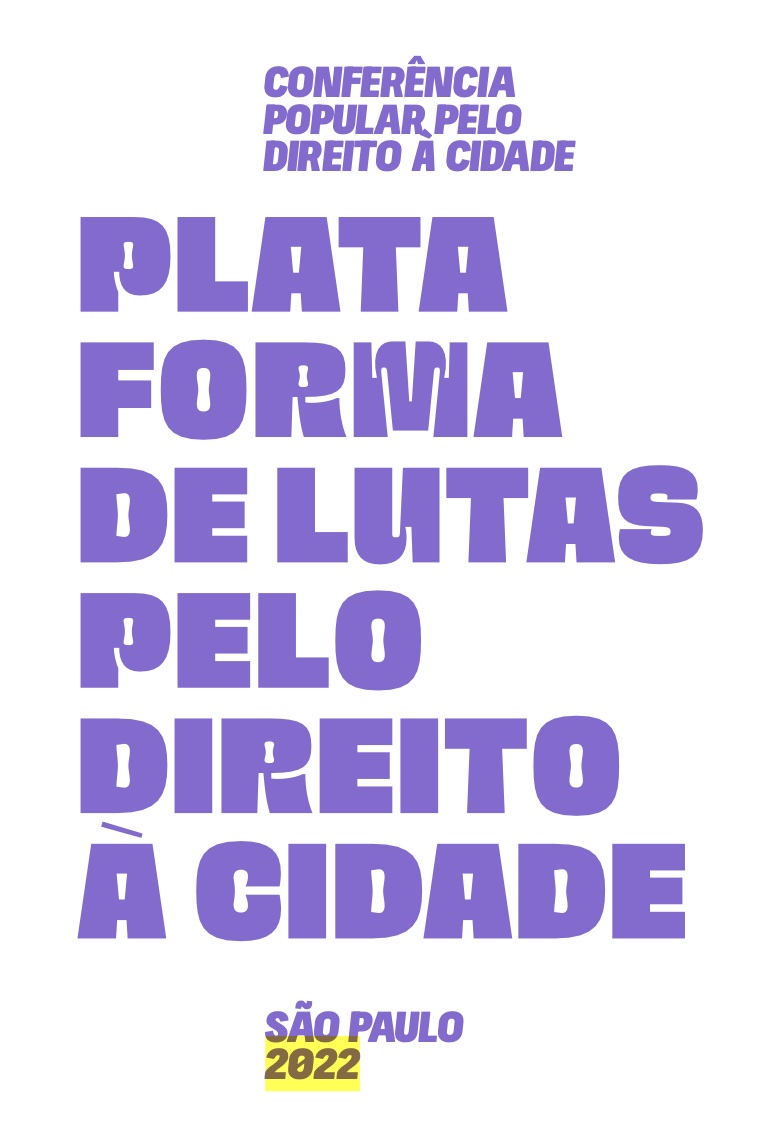Intensification of the maize-based farming: What happened to the maize green revolution?
Maize is the major food crop in eastern and southern Africa, including Kenya. Maize-based farming systems make up the largest proportion of agricultural land, and maize is central to the food system, in both rural and urban areas. Because of its importance, maize has received wide attention from the government, including in policy and research. As a result, Kenya has been at the forefront of the “maize green revolution†in Africa (Hassan and Karanja 1997; Hassan, Njoroge et al. 1998c).



